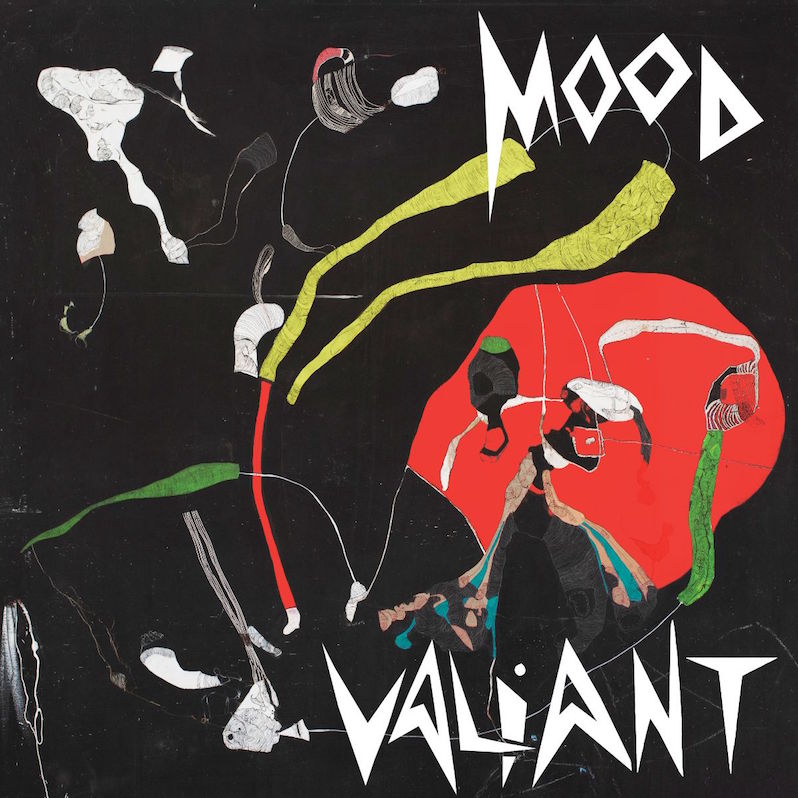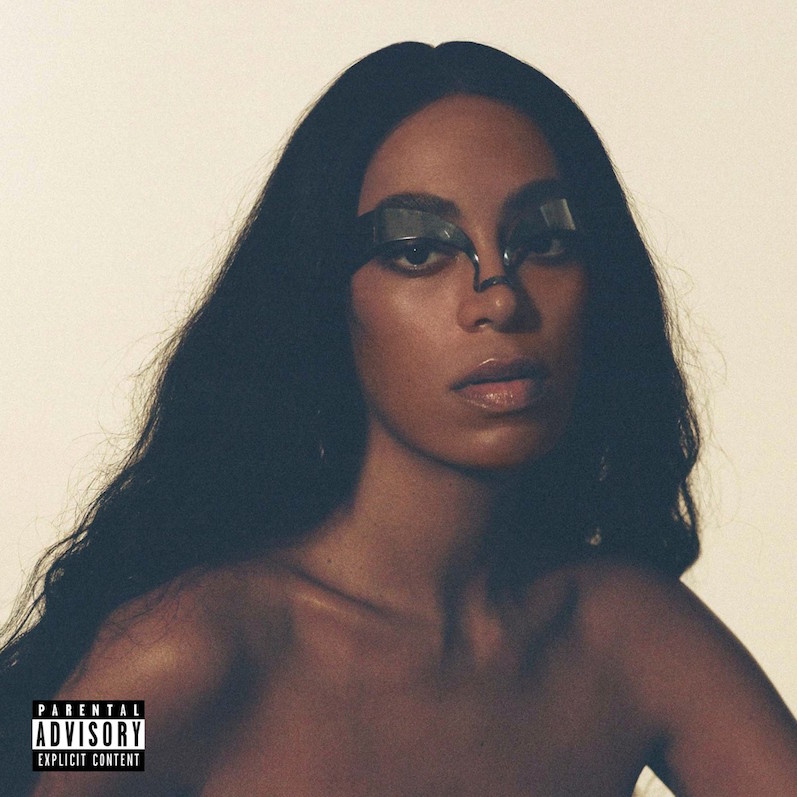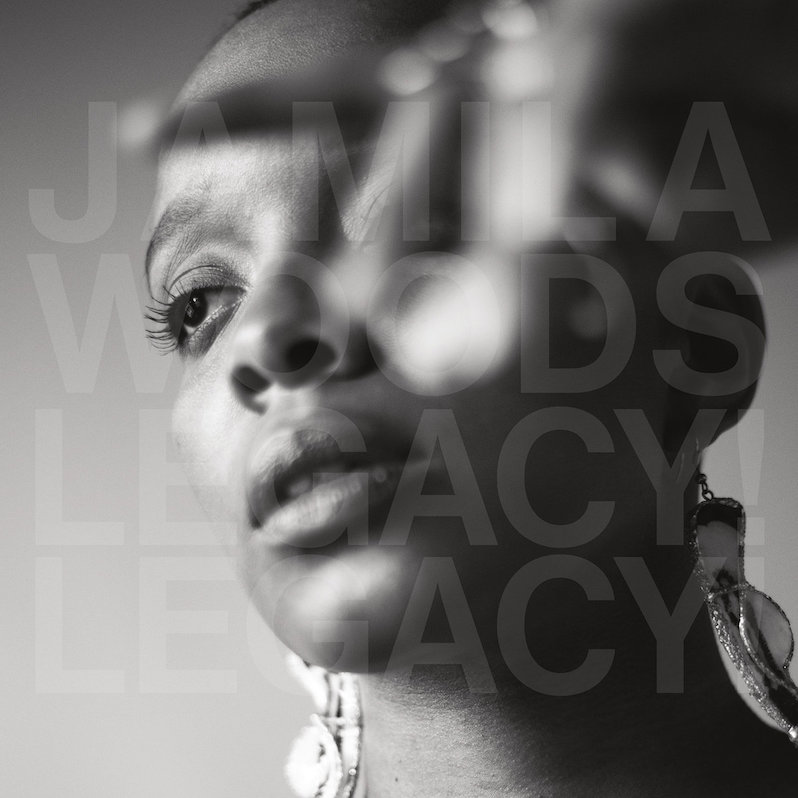Janelle Monáe : The Age of Pleasure

Janelle Monáe opens The Age of Pleasure with a repeated proclamation: “No, I’m not the same.” True to form, the singer, rapper and songwriter’s fourth LP is her steepest departure yet, unlike anything she’s put out so far. At just over half an hour, it’s simple on the surface. Though undeniably celebratory, it’s not a turn-up album. The sound isn’t orchestral or large-scale. It’s vivid, but there’s no overarching narrative. Like all of Monáe’s work, it’s sex-positive and queer-positive, rooted in self-love, but less interested in approaching issues of otherness, oppression and empowerment through metaphor than the honest depiction of intimacy between lovers, friends and everyone in between.
With her debut project in 2008, the conceptual EP Metropolis, Monáe introduced her android alter-ego Cindi Mayweather, using Fritz Lang’s classic film as a jumping-off point for her own sci-fi pop love story. In a 2010 interview, she characterized the android as “the new ‘other’” and developed the idea over two full-length Metropolis sequels: 2010’s The ArchAndroid and 2013’s The Electric Lady. Her most recent LP, 2018’s Dirty Computer, traded the Metropolis storyline for its own guiding metaphor: the title phrase as a stand-in for marginalized people in the digital age. At the same time, the album was deeply personal. It cemented Monáe’s ability to weave the raw materials of her life and wider injustice into a set of ambitious, Afrofuturistic pop songs.
Though the mood is more pool party than dystopian romance, The Age of Pleasure finds an aesthetic that’s just as absorbing if you lean in a little closer. Monáe describes it as a “love letter” to the Pan-African diaspora and invites plenty of guests: Nigerian Afrobeat innovators Seun Kuti (son of Fela) and CKay on “Know Better,” Ghanaian-American singer Amaarae on “The Rush,” and dancehall reggae legend Sister Nancy on “The French 75.” Dancehall is the most prominent influence; “Water Slide,” one of the best songs, comes closest to distilling the vibe. “Feeling myself, wanna play in it / Splash, make a wave in it / I could spend a whole day in it / And I’ma do that,” Monáe croons over Sister Nancy’s rhythmic backing vocals. In “Only Have Eyes 42,” another standout, she injects boozy piano seventh chords into a sunkissed underwater reggae tune that swings with yearning while the energy stays muted.
As a whole, the album finds a balance between chilling out and getting down. “Float,” “Lipstick Lover” and “Know Better,” the most party-ready songs here, would sound equally at home in a backyard and the club. All three are meticulously produced, hardly minimalist, but breezy. “I’m light as a feather / Yeah, baby, I float / I don’t step, I don’t walk, I don’t dance, I just float,” Monáe sings, and you can hear what she means. This is less a victory lap than a victory ride on a lazy river.
The Age of Pleasure is remarkable for putting such sincere emphasis on free love and connection. But at its best, the album is more than a call for enjoyment. It’s an actual evocation of it, as in the spoken-word snippet from a night out in “The French 75” and the tender reunion cataloged in closer “A Dry Red” (“Come on, babe, just whine for me / I just wanna get you in the shower / Meet me in the back in an hour.”) You sometimes find yourself wishing for higher emotional stakes. But then again, untainted pleasure is so hard to come by that celebrating it feels like its own form of rebellion. Unplugged, underwater and unburdened, Monáe is here to deliver the message. And she makes it one worth spreading.
Label: Wondaland
Year: 2023
Similar Albums:
Casey is a writer who lives and breathes music. He’s written about it for Spectrum Culture, Grandma Sophia’s Cookies, Plaze Music and WTJU.




